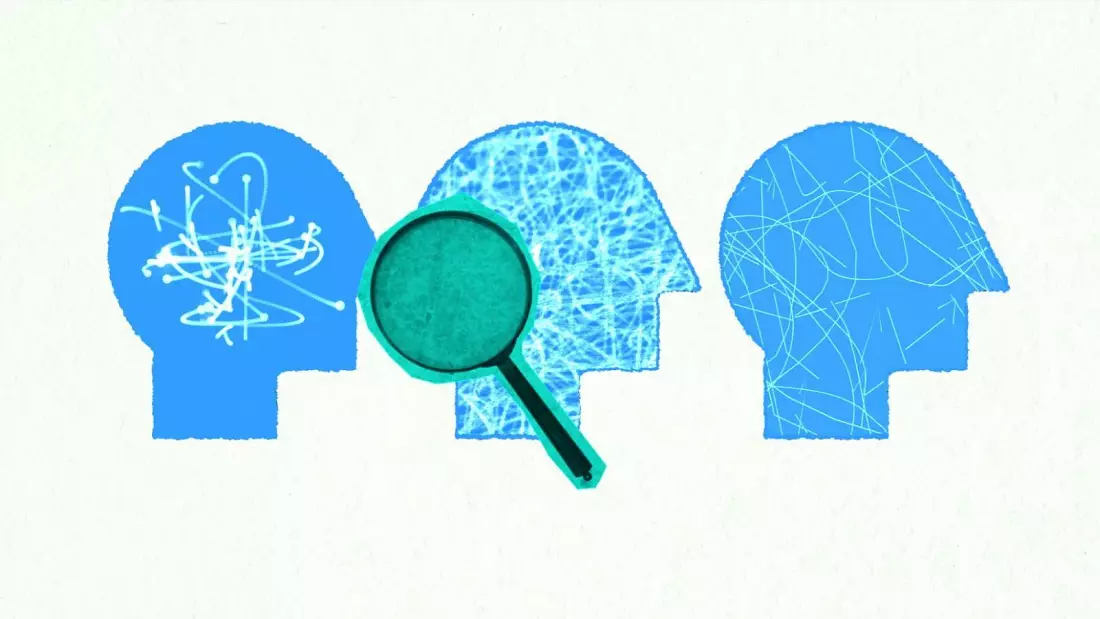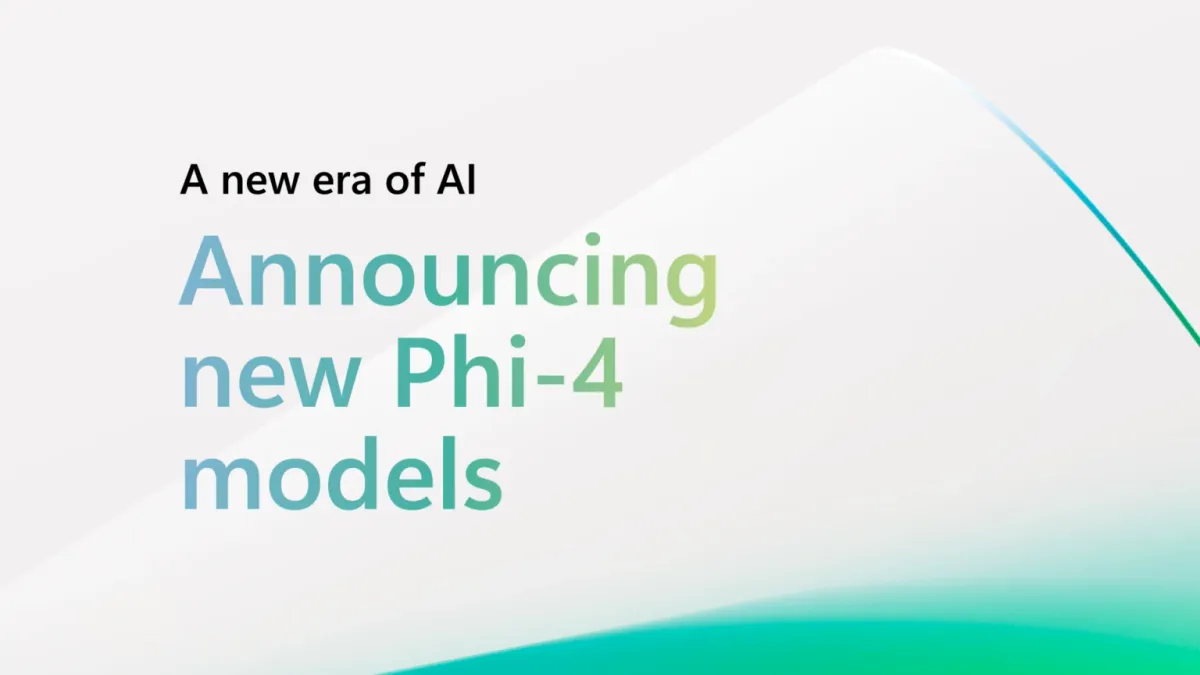AI capabilities allow early detection of mental disorders such as depression and schizophrenia, which cannot be detected with a simple test, with 80% accuracy.
Researchers at Nanyang Technological University in Singapore are developing an AI-powered diagnostic kit that could help address the difficulty of identifying mental illness in patients. They collected different variables, different signals from variables - what are commonly called digital biomarkers, then correlated these biomarkers with the symptoms they observed, and after a while the model was able to learn.
Some of the biomarkers include heart rate, sleep patterns and energy expenditure, calories expended and number of steps taken. The machine learning model is able to make predictions for new users based on their biomarkers, correlating knowledge and labels from previously analyzed biomarkers and determining a new result: zero or one - healthy or unhealthy.
Because artificial intelligence efficiently processes large amounts of data, researchers have learned how to identify signs of various mental illnesses and determine whether a patient's mental illness will become more serious.
For now, the team is focused on identifying depression, but plans to extend it to other conditions such as dementia, loneliness and schizophrenia. Dr. Iva Bojic said that what they are doing is more of a screening tool for people and in the future, he hopes, they will be able to move into a treatment process where their condition can be properly monitored.
Most recently, Sequoia Capital unveiled its Gen AI market map, The Generative AI Application Landscape, which compiles machine learning projects that are driving the company's excitement. Among them are the best copywriting tools, text editors, coding tools, image and video generators. Leave a link to the news so you don't forget about this novelty.






Comments